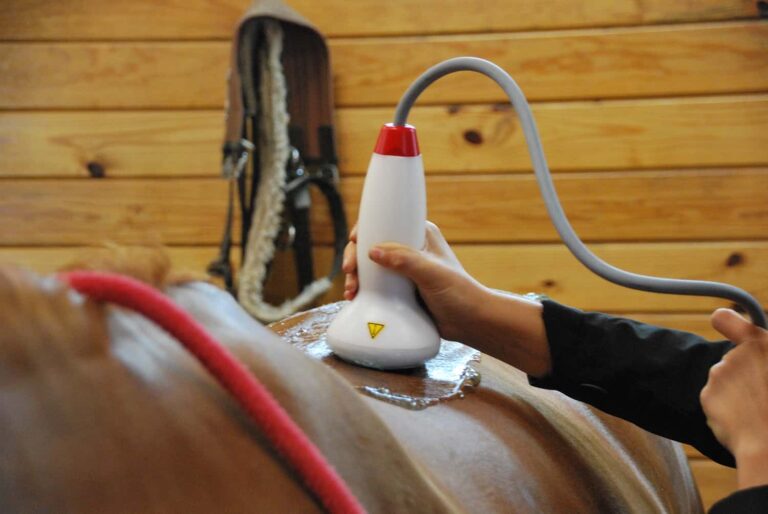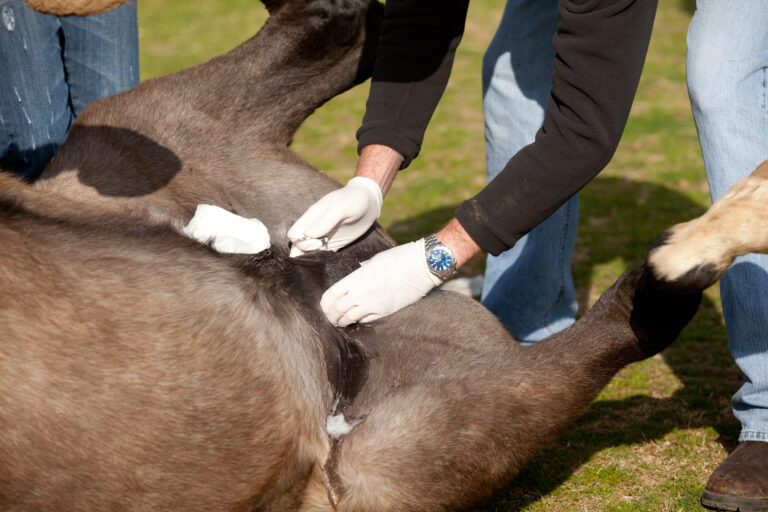
A research paper titled, “Prognostic indicators and long‐term survival in 14 horses with equine multinodular pulmonary fibrosis” was published in BEVA Equine Veterinary Education from the Wiley online library. The research was performed at the University of California’s William R. Pritchard Veterinary Medical Teaching Hospital, Davis, by C. A. Easton‐Jones; D. D. Cissell; F. C. Mohr; M. Chigerwe; and N. Pusterla.
Summary
“There is limited information on long‐term follow‐up and prognostic indicators for horses diagnosed with equine multinodular pulmonary fibrosis (EMPF). The objectives of this study were to describe the signalment, clinicopathological data, radiographic and ultrasonographic findings, equine herpesvirus‐5 viral loads, clinical outcomes, and pathologic lesions associated with EMPF. Medical records from 2008 to 2016 were reviewed for this retrospective case series of 14 horses diagnosed with equine multinodular pulmonary fibrosis on lung histopathology. Independent variables associated with survival to hospital discharge (short‐term survival) were determined using Chi‐square or Fisher’s exact test. Odds ratios and 95% confidence intervals were calculated when applicable. Short‐term survival was 57%, with only 14% of cases surviving longer than 6 months after discharge. The odds of short‐term survival were higher in horses administered corticosteroids (OR = 0.029, 95% CI 0.002‐0.615; P = 0.026). Severity of thoracic radiographic changes and equine herpesvirus‐5 viral loads measured by quantitative PCR in the lung on presentation were not associated with survival time. Severity of thoracic radiographic changes was also not correlated to equine herpesvirus‐5 viral loads in the lung ante‐mortem. Equine multinodular pulmonary fibrosis has a poor prognosis for survival, with horses frequently displaying severe radiographic and histopathological changes at the time of diagnosis. Treatment with systemic corticosteroids reduced the odds of short‐term mortality.”
You can access this article at Wiley online library.




